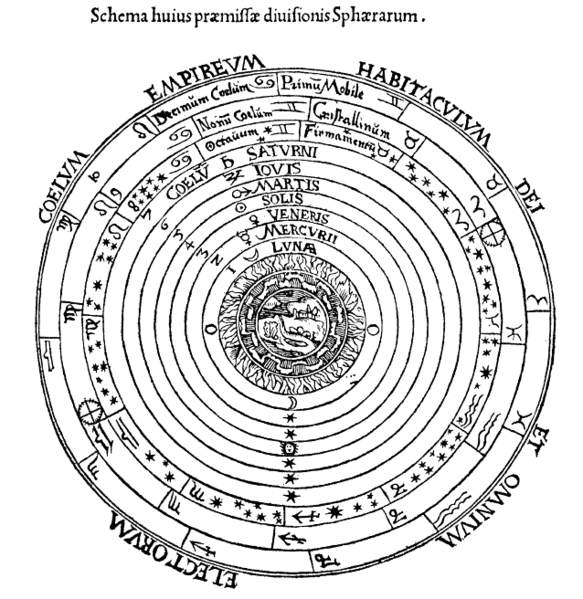FWP:
SETS == FILL-IN;
KYA
NIGHT/DAY: {1,2}
SKY {15,7}
This verse and {46,6} are the ones Ghalib quoted most often in letters, especially when he was in a bleak or pessimistic mood. And who can blame him? I find myself quoting this one too sometimes, usually in a hollow tone of voice. Whatever the seven heavens are up to, the verse suggests that they're up to no good; the sky after all routinely sends down disasters upon us (see for example {43,8}). In this context ghabraa))e;N kyaa implies not that we should be hopeful rather than anxious, but that we should be realistic-- we should recognize that (bad) things are sure to happen, and worrying will do no good.
But is the verse's tone one of fatalism? Of despair? Of detachment? Of pious resignation? Of morbid humor? How rhetorical, or how sarcastic, is that ghabraa))e;N kyaa at the end of the second line? You be the judge. It all depends on the tone. And of course Ghalib leaves us to set the tone ourselves.
For another verse about perpetual gardish , see {110,2}.
Note for grammar and translation fans: How can we explain ho
rahegaa in English? It could be taken as a compound verb form of honaa
, ho rahnaa , so that it would be parallel to ho
jaanaa . Alternatively, it could be understood as a shortened form of
ho kar rahegaa , 'having occurred, will remain'. But
in any case the idiomatic sense is something like 'will firmly insist on happening',
'will manage to happen no matter what'. I used 'will end up happening',
which isn't quite right but does convey a bit of the idiomaticness.

Ghalib:
[1854, to Aram:] Here a major sickness is spreading, and is it any ordinary sickness? The fevers are variegated, usually recurrent. That is, if in a house there are ten people, then six will be sick, and four healthy. And if among those six three will get better, then those four [healthy ones] will fall ill. Up till today, the outcome was good. Now people have begun to die. A poisonousness has developed in the air. It's a story like this: {46,2}. (Arshi 188-89)
==Urdu text: Khaliq Anjum vol. 3, pp. 1153-54
==another trans.: Russell and Islam, p. 107